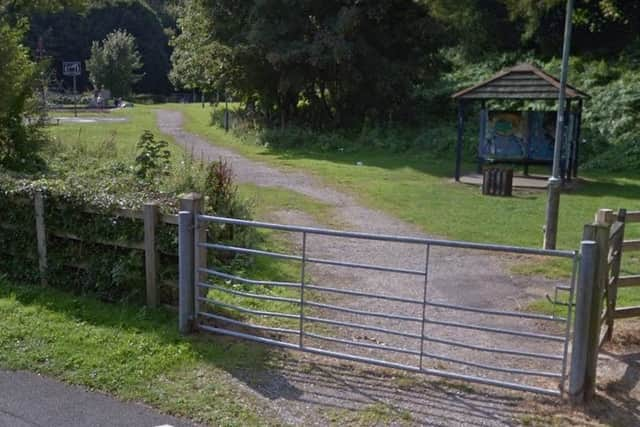Have your say on new byelaws for parks and open spaces in Gedling
and live on Freeview channel 276
The current byelaws in place were adopted in 1996, they are outdated and , as a result, the council is aiming to update them to reflect current parks and open spaces useage.
Since 1996, the number of visitors to Gedling’s parks and open spaces has risen dramatically and the way in which people utilise parks and open spaces has changed with emerging trends which has identified the need to update the byelaws.
Advertisement
Hide AdAdvertisement
Hide AdThese include site developments, new sites created and sites removed where byelaws are no longer required, changes in the way or scale of visitors accessing sites and identified anti-social behaviour and the requirement to include byelaws that previously weren’t available, such as regarding the use of drones or Chinese lanterns.


The byelaws available for a council to adopt are based on the current central government model set of byelaws.
It is important to note that the council is unable to alter any of the wording in the byelaws due to the legal process involved.
Therefore, it can only decide which byelaws to include or exclude from the model set provided by central government.
Advertisement
Hide AdAdvertisement
Hide AdByelaws are enforced by the local authority through the magistrates’ court and contravening a byelaw can result in a fine upon successful conviction.
Byelaws are considered measures of last resort after a local council has tried to address the local issue through other means.
For example, fly tipping and littering are criminal offences under Environmental Protection Act 1990, while graffiti and criminal damage are offences under Criminal Damage Act 1971.
Therefore a byelaw cannot be made where alternative legislative measures already exist to address the problem.
Advertisement
Hide AdAdvertisement
Hide AdThe council stressed that byelaws should always be proportionate and reasonable.
It is important to note, dog fouling, dogs off lead and not under control can only be covered by Public Space Protection Orders (PSPO’s) under the Anti-social Behaviour Crime and Policing Act 2014, not these byelaws.
Also, the draft byelaws will not cover country parks or local nature reserves.
New byelaws will be considered for these green spaces under different legislation at a later date.
To have your say, click here, the survey closes on July 26.